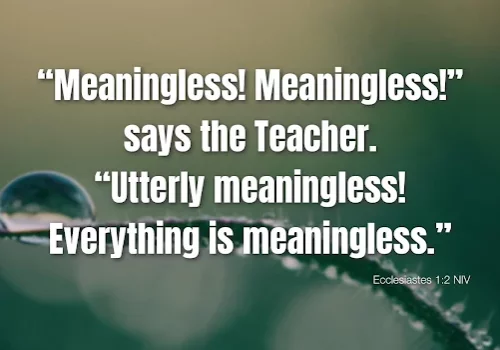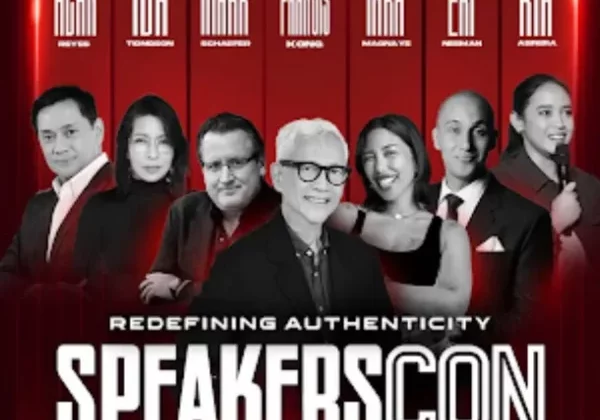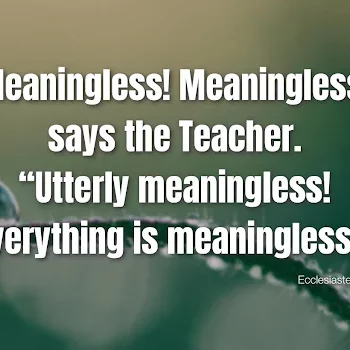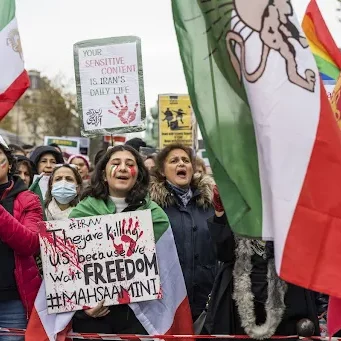Omar Gooding: Actors’ Souls Lost — I Knew Dead Ones

SHARE
Omar Gooding didn’t sugarcoat his views when asked if Hollywood takes something from its actors. To him, the idea of “selling your soul” isn’t a dramatic metaphor—it’s a quiet transaction disguised as opportunity. In a candid conversation, the actor described a system that doesn’t present obvious ultimatums, but rather, incremental choices that slowly shape a performer’s career, identity, and moral boundaries.
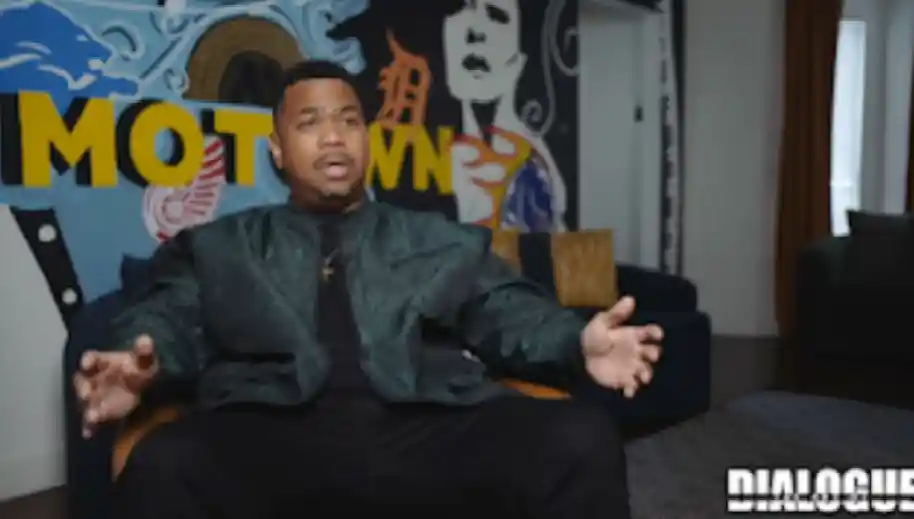
“It begins with the choices you make with what you find acceptable,” Gooding explained. For him, Hollywood isn’t a door that swings open to a blatant crossroads—no red pill or blue pill. Instead, it’s a series of auditions, roles, and creative compromises that escalate little by little. By the time an actor realizes the cost, the deal is already in motion. “They put it in front of you,” he said. No force. Just possibility.
The test, he believes, isn’t talent—it’s tolerance. How far will someone go for screen time, relevance, or approval? And once a performer shows they’re willing to bend, the next ask becomes easier. “One thing always leads to another,” he said, describing a gradual pattern of trade-offs masked as artistic range or career acceleration.
Gooding emphasized the dangers of crossing personal boundaries under the guise of creative freedom. He took a firm stance on staying aligned with his own values, especially when the request has nothing to do with actual craft. “Give me the line. I’ll make it funny,” he shared, reflecting on his approach to comedy. He never felt the need to lean on physical gags or exaggerated character tropes to earn laughs—authenticity and skill, in his view, outweigh shock value or spectacle.
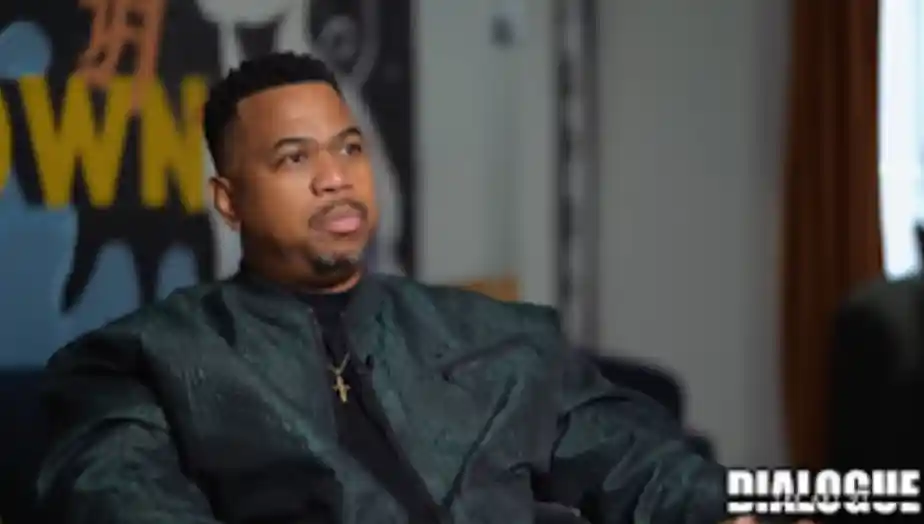
The conversation took a spiritual turn when Gooding tied the bargain to deeper consequences. He isn’t speaking from theory but observation. He believes there’s a spiritual component to the price fame can demand. “Some people don’t believe in God but do believe in the devil,” he said. “Where do you think the devil came from?” To him, acknowledging one force without the other doesn’t make sense. The entertainment industry, he suggested, has its own unseen currents—offers that come with eventual collections.
When asked if he personally knew actors whose lives were cut short because of such “deals,” his response was direct: “Sure.” No names, but a sober reflection. The losses he referenced weren’t framed as isolated tragedies but outcomes following years of pressure, compromise, or internal conflict. “When the collection happens, it happens,” he said. The consequences, in his view, don’t always take the form of career derailment—they can take a life.

Gooding also reflected on fame coming too fast. Even success, he said, can be dangerous when it arrives before someone has the emotional and spiritual tools to handle it. Some climb early, reach heights without foundations, and struggle under the weight of visibility, access, and temptation. His reverence for timing, boundaries, and self-awareness underscored his belief that longevity is built on clarity—not accommodation.
In a world driven by virality and spectacle, Gooding continues to advocate for personal conviction over public validation. Hollywood may test actors, but it doesn’t get to write the answers unless they hand over the pen.
*All Photos from Youtube of The Art of Dialogue
RELATED ARTICLES




